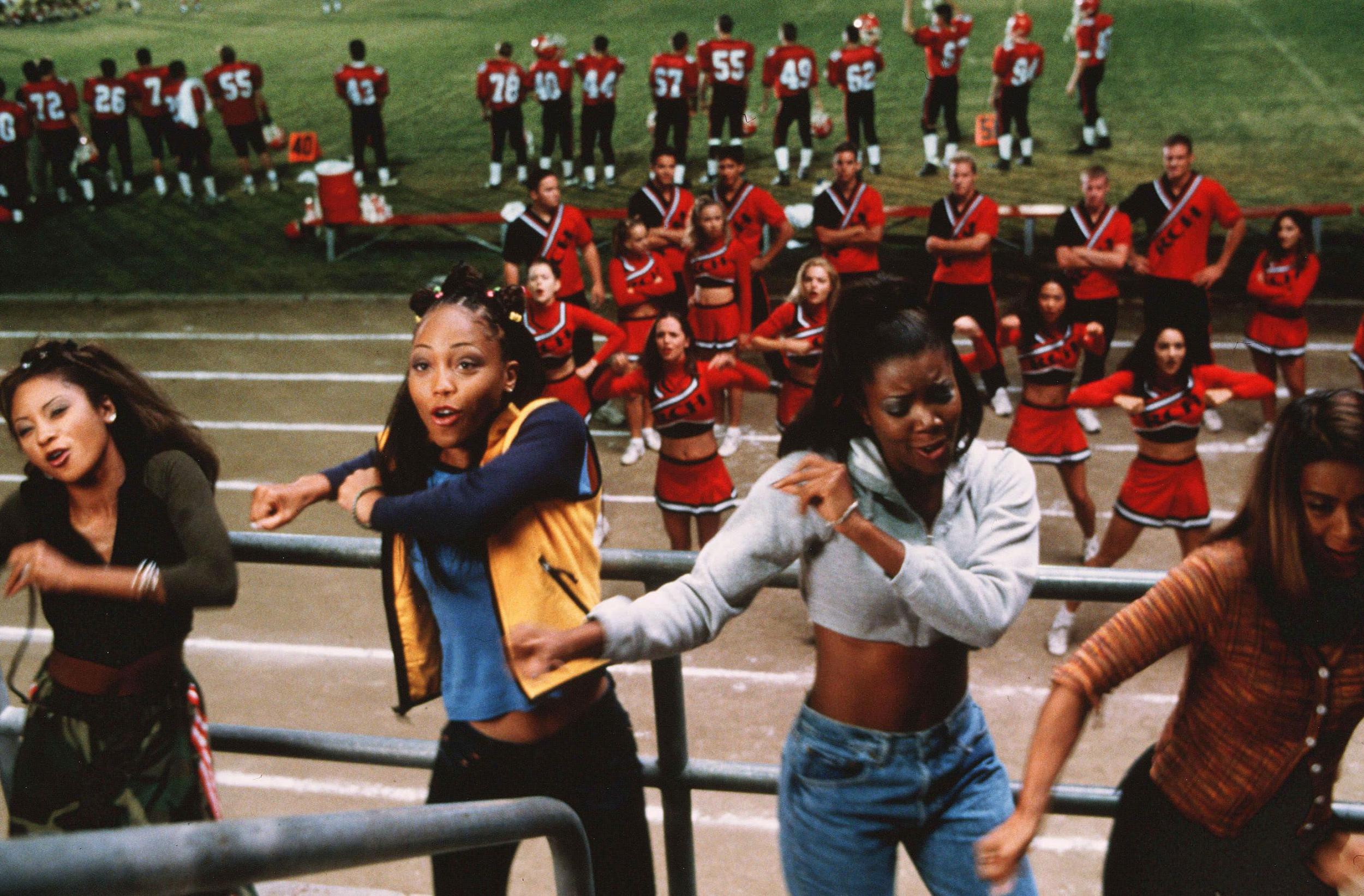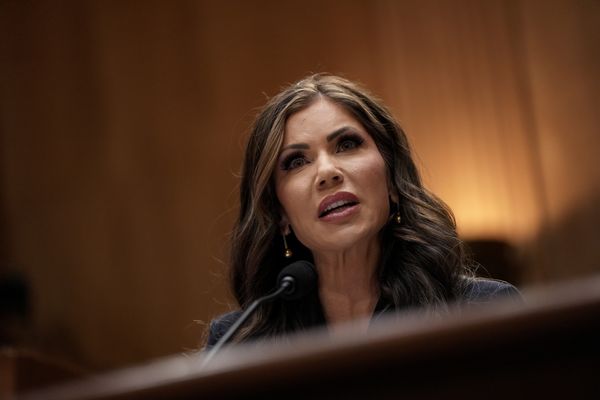
Gabrielle Union has responded to people who describe her Bring It On character, Isis, as the “villain” of the film.
Union appeared in a video panel with her co-star Kirsten Dunst, director Peyton Reed, and writer Jessica Bendinger, to celebrate the 20th anniversary of the movie.
The cheerleading film, which was released on 25 August 2000, starred Dunst as a rich, white LA cheerleader, Torrance, whose routines are stolen from a troupe of black, working-class cheerleaders led by Union’s squad captain, Isis.
In the movie, Torrance’s team (the Toros) and Isis’s team (the Clovers) compete for the national title, with the Clovers coming out on top.
Reed had earlier discussed the film with Variety, in an interview where he said there would always be people who were uncomfortable that “the white girls didn’t win”.
“That’s the sad truth of our country, and I think that was a fun thing to confront in the movie because absolutely, the Clovers deserve to win,” he said. “They won by being the best and working hard.”

He added: “Gabrielle’s character, Isis, is a determined leader who is going to get to nationals and prove to everybody that they’re the rightful ones. They have been fighting in obscurity to be the best, and they are the best, and now they’re going to prove it to the world.
“In no way is she a villain or even an antagonist. That’s a very weird read on the movie.”
Recalling the conversation, Reed asked Union for her perspective on differing interpretations of the character.
“It’s a strange read but it’s so common, it turns out,” Union began. “In pop culture, Isis was a villain and I thought how wild that is… I’m asked about [the film] constantly, but it is perceived very differently in communities of colour and [among] white folks.
She continued: “I never thought of Isis being a villain for wanting equality and accountability and an equal plane, and to be recognised for her squad’s contributions. It never occurred to me that anyone could be demonised that, I don’t know why, because that’s actually life.
“It is very interesting how different, different ethnicities and marginalised groups perceive the Clovers versus the Toros and why. It’s very different," she added.
Reed went on to call Torrance “the poster girl for white privilege”, citing a scene where she goes to the Clovers with a cheque to get the rival team into the competition.
You can watch the full discussion here.







